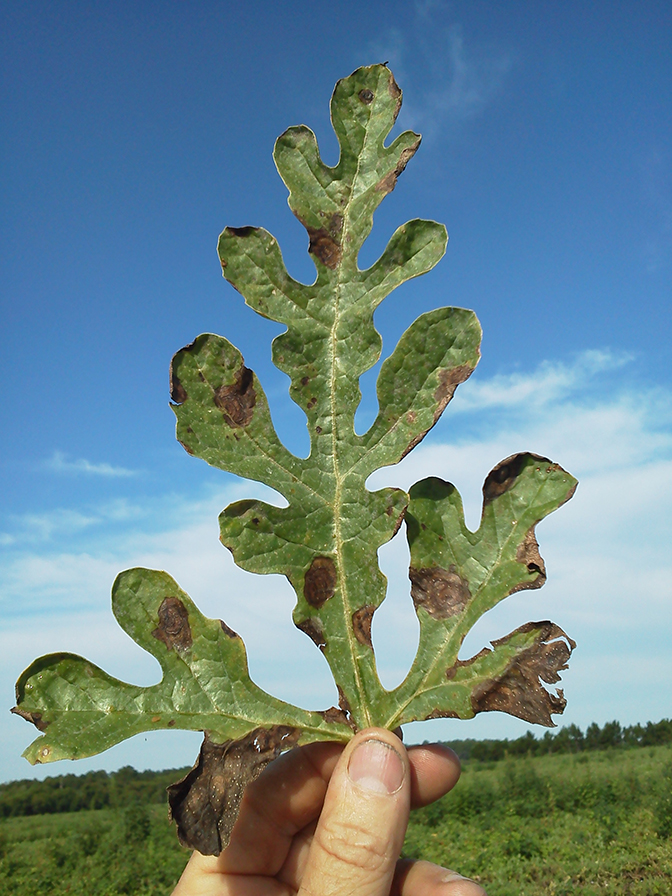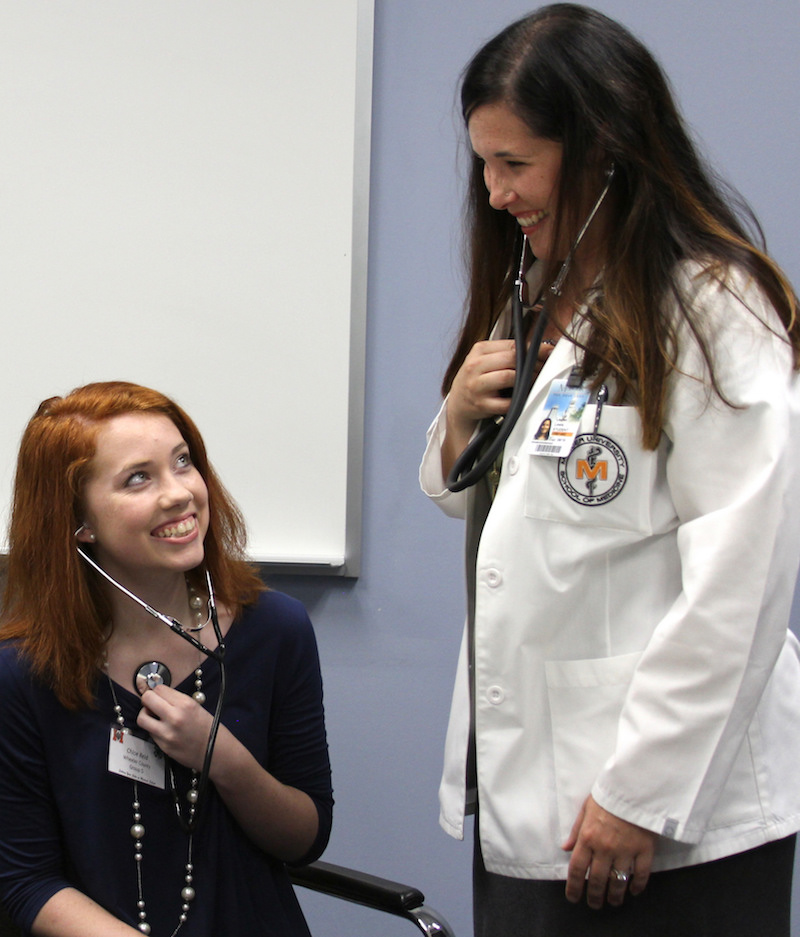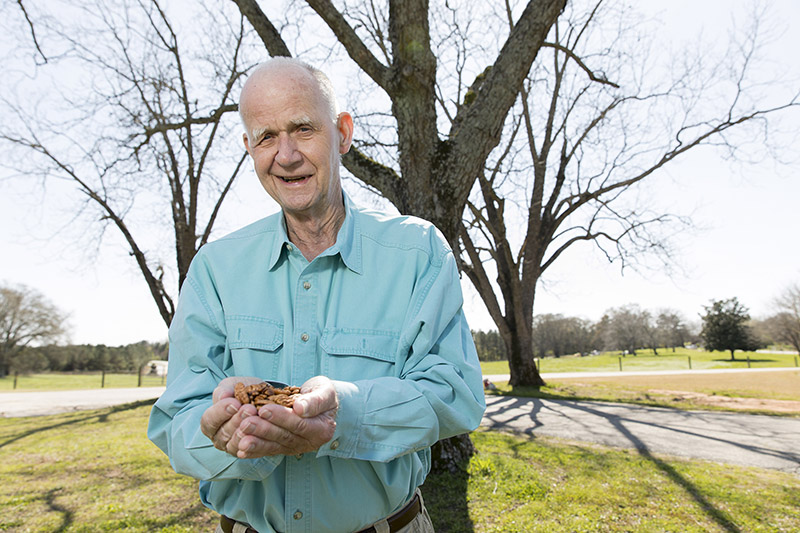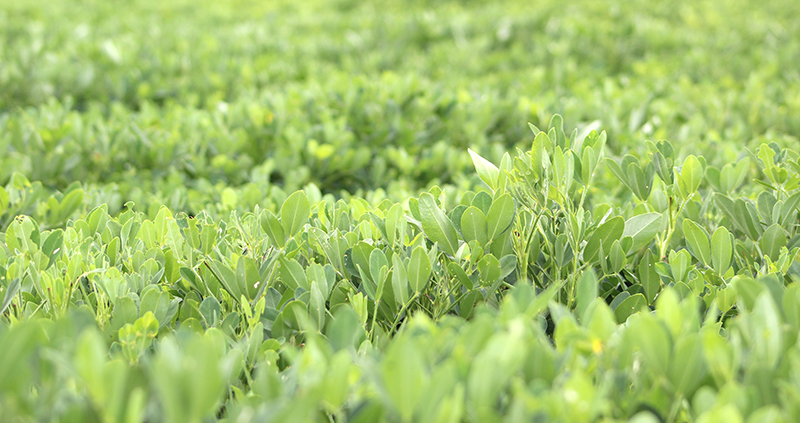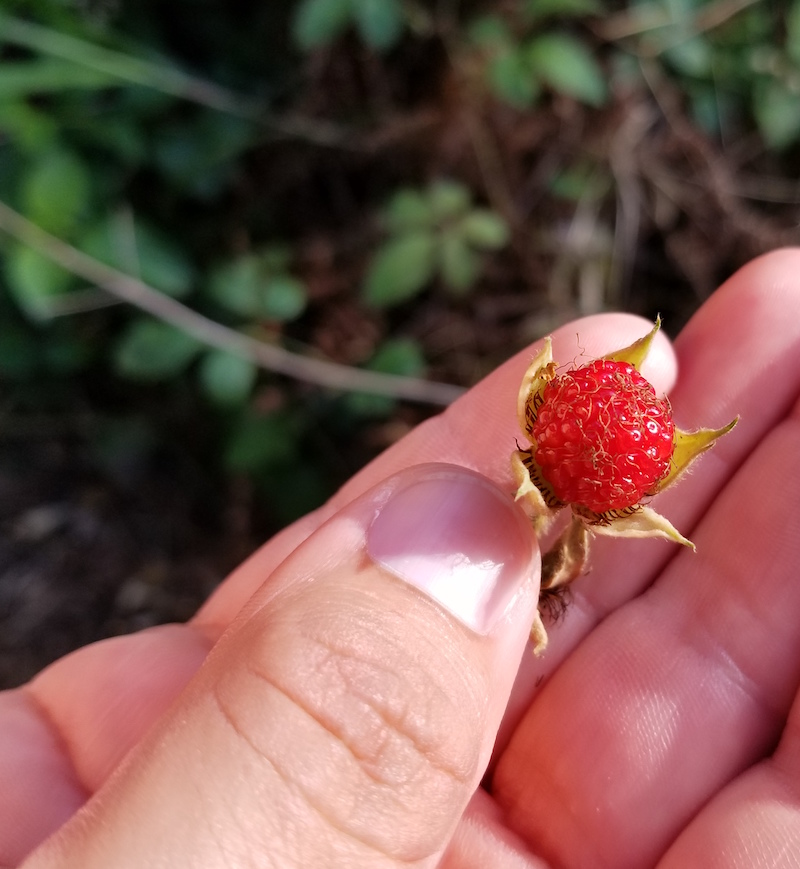 CAES News
CAES News
UGA researchers travel Down Under to collect raspberry and peach seeds
University of Georgia horticulturists Rachel Itle and Dario Chavez recently travelled to Australia to collect seeds from wild raspberries and peaches to bring back to the UGA Griffin campus. As scientists in the College of Agricultural and Environmental Sciences, Itle and Chavez research Georgia-grown fruit.


